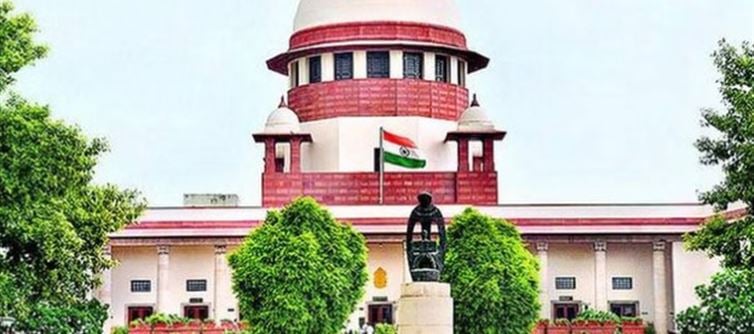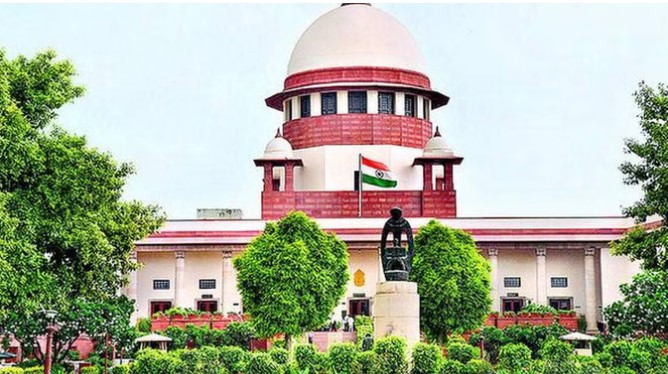
Supreme court Decision Highlights on Waqf (Amendment) Act, 2025
The supreme court refused to stay the entire Waqf (Amendment) Act, 2025, stating that a law can only be stayed in the “rarest of rare” cases.
The court emphasized the presumption in favor of the constitutionality of laws.
However, some specific provisions of the Act have been stayed temporarily.
Key Provisions Stayed by the supreme Court:
Section 3(1)(R): This provision requires a person to have followed islam for at least five years to create a waqf.
The court stayed this section until state governments frame rules to verify whether a person is a follower of Islam.
Waqf Property Investigation Provisions:

A property cannot be declared non-waqf solely based on a report by the designated officer.
Official revenue and board records will not be altered solely on such reports.
Protection of Waqf Property Rights:
Waqf properties cannot be evicted, nor can entries in official records be changed until the Waqf Tribunal under Section 83 decides on title disputes.
No third-party rights can be created over such properties during ongoing tribunal proceedings.
Representation in Waqf Boards:
Limits on non-Muslim members:
Central Waqf Council (22 members) can have a maximum of 4 non-Muslim members.
State Waqf Boards (11 members) can have up to 3 non-Muslim members.
Appointment of CEO of Waqf Boards:
Section 23, which deals with the appointment of the CEO as ex-officio secretary, was not stayed.
The court noted the CEO should, as far as possible, be appointed from the Muslim community.
Additional Notes:
The supreme court clarified these directions are interim and do not affect the final decision on constitutional validity.
The decision was reserved on May 22 after hearing arguments on petitions challenging the Act.
Legislative Timeline:
The Waqf (Amendment) Bill, 2025 was passed by Lok Sabha and Rajya Sabha on april 3 and 4 respectively.
The President, Draupadi Murmu, gave approval on april 5.
The central government notified the Act on april 8, 2025.
This judgment balances protecting waqf properties and respecting constitutional challenges, while limiting disruptions until a final verdict.




 click and follow Indiaherald WhatsApp channel
click and follow Indiaherald WhatsApp channel